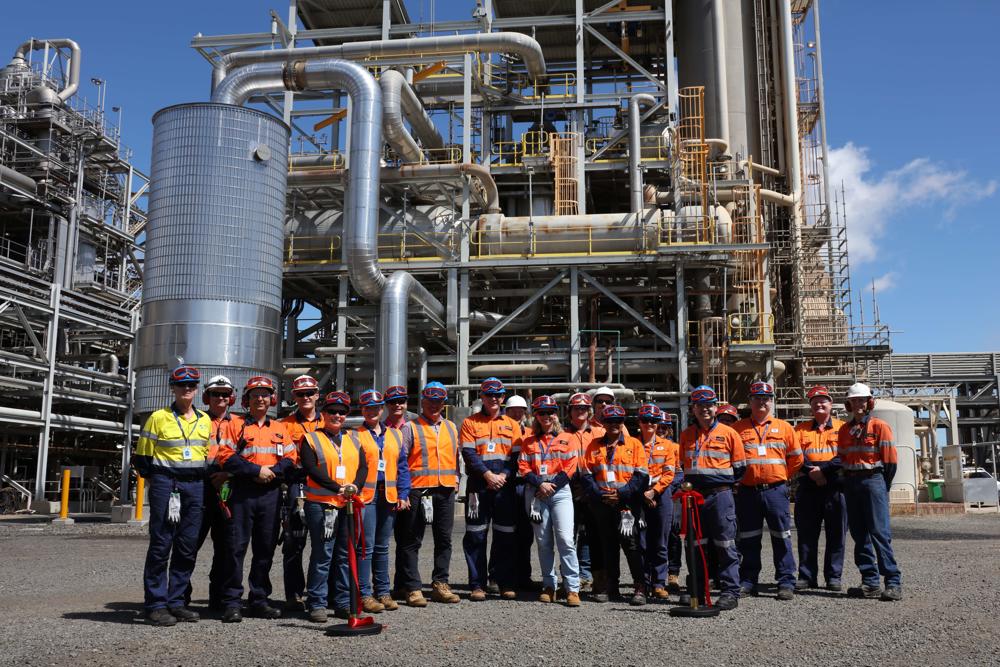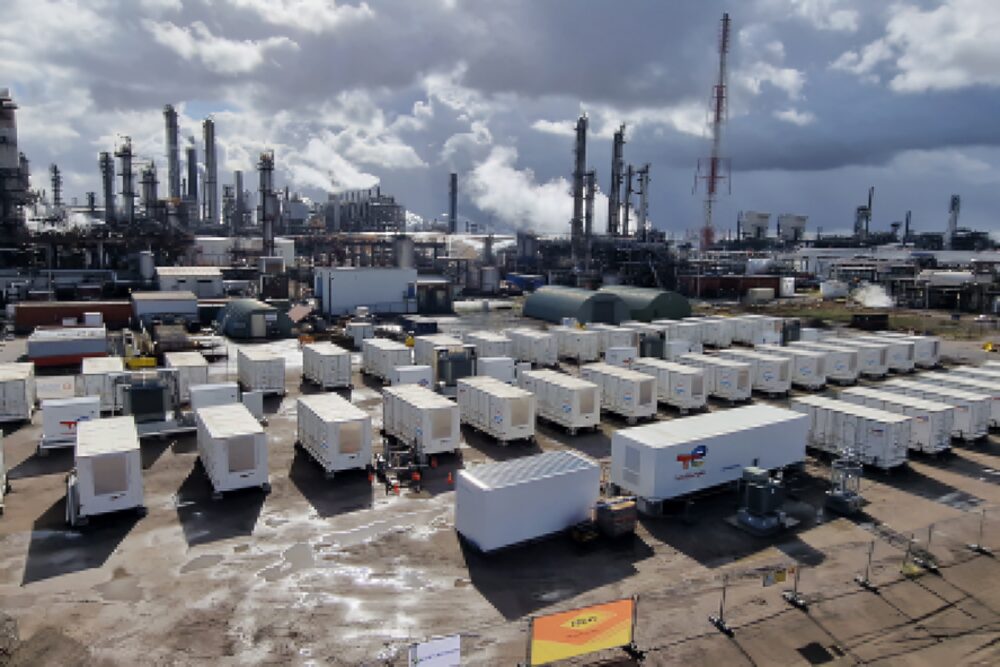
In a significant step towards environmental sustainability and decarbonisation, Dyno Nobel’s Moranbah plant has inaugurated a groundbreaking $20 million nitrous oxide abatement project.
The newly unveiled project boasts a 20-year lifespan and is projected to abate approximately 200,000 tonnes of carbon dioxide equivalent emissions annually.
This reduction is akin to removing nearly 50,000 cars from the road each year or planting over three million trees annually.
The project’s technology involves converting nitrous oxide emissions from the manufacturing of nitric acid into naturally occurring nitrogen and oxygen.
This process effectively eliminates over 95 per cent of nitrous oxide emissions from the production of explosive products for the mining industry.
Furthermore, the abatement project is expected to lead to a reduction in Scope 3 greenhouse gas emissions for Dyno Nobel’s customers, a significant environmental benefit.
Speaking at the official opening in Moranbah, Incitec Pivot Limited (IPL) CEO & Managing Director Mauro Neves expressed pride in the project’s completion.
“The project is already working to reduce Dyno Nobel’s and IPL’s GHG emissions and, in turn, those of our valued mining customers who rely on our explosive products to extract vital minerals and resources for Australians and export markets.
“Our $20 million investment in this project is part of our commitment to the region, to our customers and our decarbonisation efforts. Dyno Nobel has been part of the Moranbah community for more than 15 years, supporting regional jobs and ongoing production in the nationally important Bowen Basin metallurgical coal industry,” said Neves.
The project is part of Dyno Nobel’s longstanding commitment to the Moranbah community, where it has operated for over 15 years, supporting local jobs and contributing to the Bowen Basin metallurgical coal industry.
Greg Hayne, President of Asia Pacific of Dyno Nobel, highlighted the project’s safe installation over two weeks, following extensive planning to minimize disruption to customers.
He highlighted the significance of the project in reducing the GHG footprint of explosive products, thereby benefiting customers by lowering their upstream Scope 3 GHG emissions.
Customers can expect to see a reduction of over 0.5 tonnes of carbon dioxide equivalent per tonne of ammonium nitrate used, resulting in significant environmental gains.
The project is expected to yield its first full year of benefits in FY2025, with a potential reduction of up to 12 per cent in Dyno Nobel’s global operational GHG emissions against its 2020 baseline.
This reduction translates to a 7 per cent decrease in the operational GHG emissions of IPL, against IPL’s 2020 baseline.
This initiative is one of several decarbonisation projects that could lead to a potential 42 per cent reduction in operational GHG emissions by 2030 for IPL, contributing to IPL’s ambition to achieve Net Zero by 2050 or sooner.










